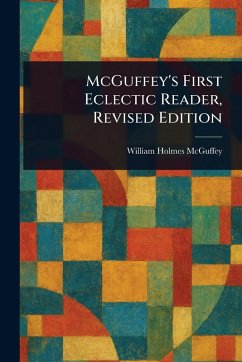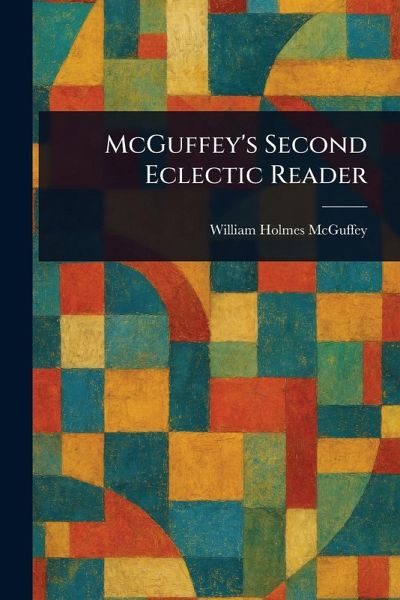
McGuffey's Second Eclectic Reader
Versandkostenfrei!
Versandfertig in über 4 Wochen
17,99 €
inkl. MwSt.
Weitere Ausgaben:

PAYBACK Punkte
9 °P sammeln!
Rediscover the foundational principles of reading education with "McGuffey's Second Eclectic Reader." Authored by William Holmes McGuffey, this classic reader offers a glimpse into the educational practices of a bygone era. Designed to cultivate language skills through engaging texts, this volume emphasizes phonics and comprehension. A cornerstone of 19th-century elementary education, the "Second Eclectic Reader" provided students with essential lessons in language arts. This carefully prepared print edition allows readers to experience the materials that shaped generations of learners. Explor...
Rediscover the foundational principles of reading education with "McGuffey's Second Eclectic Reader." Authored by William Holmes McGuffey, this classic reader offers a glimpse into the educational practices of a bygone era. Designed to cultivate language skills through engaging texts, this volume emphasizes phonics and comprehension. A cornerstone of 19th-century elementary education, the "Second Eclectic Reader" provided students with essential lessons in language arts. This carefully prepared print edition allows readers to experience the materials that shaped generations of learners. Explore the selections that fostered literacy and critical thinking, offering a window into the history of teaching and learning. A valuable resource for educators and anyone interested in the evolution of reading instruction. This work has been selected by scholars as being culturally important, and is part of the knowledge base of civilization as we know it. This work is in the public domain in the United States of America, and possibly other nations. Within the United States, you may freely copy and distribute this work, as no entity (individual or corporate) has a copyright on the body of the work. Scholars believe, and we concur, that this work is important enough to be preserved, reproduced, and made generally available to the public. We appreciate your support of the preservation process, and thank you for being an important part of keeping this knowledge alive and relevant.





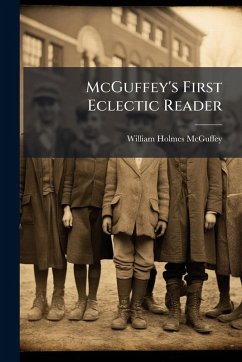
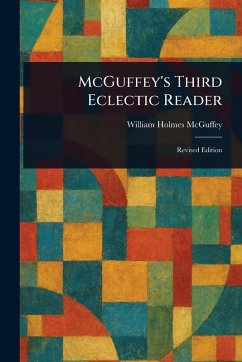




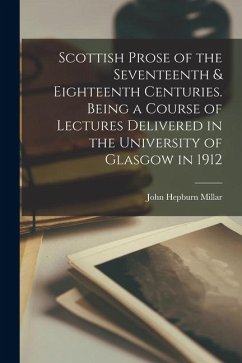
![... Mcguffey's First[-sixth] Eclectic Reader Cover ... Mcguffey's First[-sixth] Eclectic Reader](https://bilder.buecher.de/produkte/75/75086/75086647n.jpg)
![... Mcguffey's First[-sixth] Eclectic Reader Cover ... Mcguffey's First[-sixth] Eclectic Reader](https://bilder.buecher.de/produkte/74/74956/74956136n.jpg)
